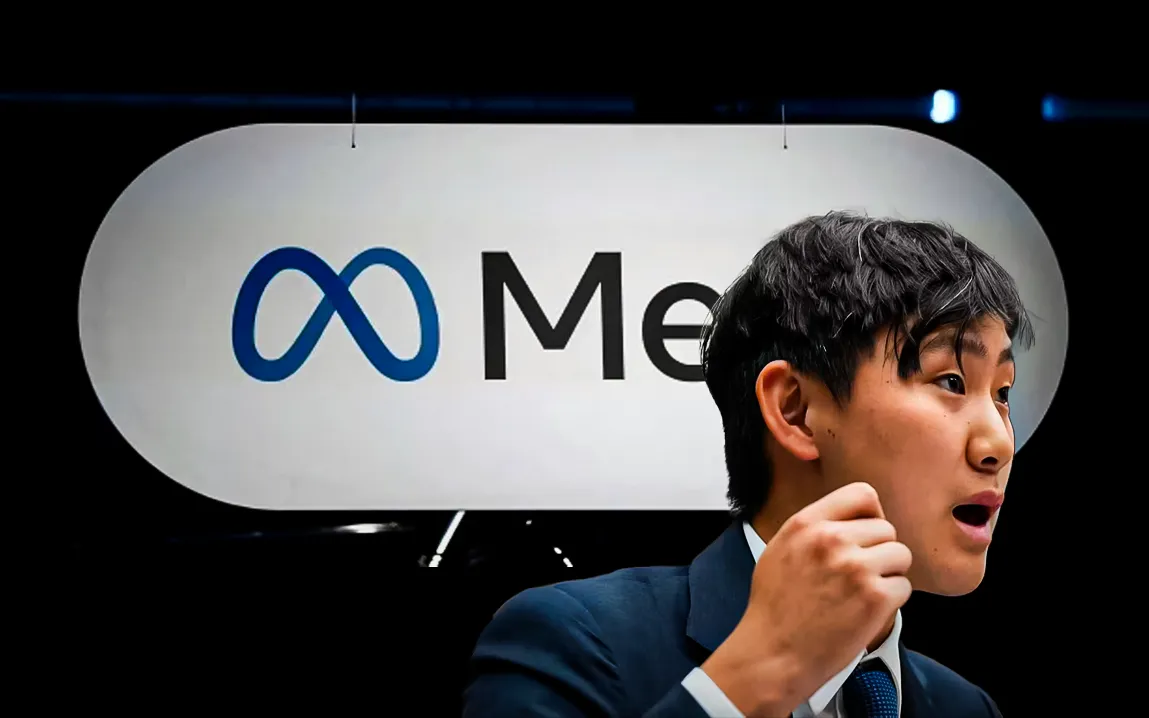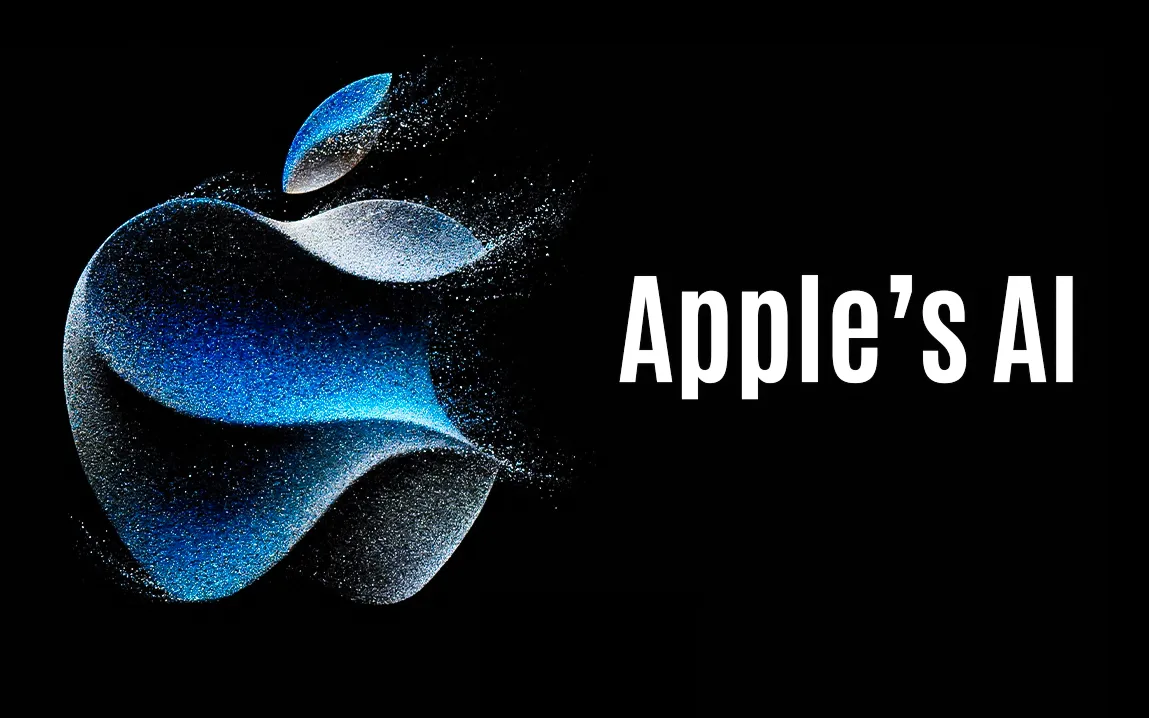In a recent podcast interview, Microsoft Chief Technology Officer Kevin Scott revealed his vision of the future of software development, predicting that software engineers will see a profound change in their role within the next five years. Scott sees AI creating nearly 95% of code, completely changing conventional coding practices.
Even with this turn towards AI-generate code, Scott stresses that the nature of software engineering will still be man-driven. He maintains that AI can be employed to deal with mundane coding functions, but human skills will be used for problem-solving and innovative software development processes.
This progression is reminiscent of past shifts in programming, where the transition from Assembly language to high-level languages in the 1980s simplified procedures and minimized hand-coded programming.
Scott imagines that the best developers will be those who successfully incorporate AI tools into their processes. Through the use of AI, developers will have more time to design and coordinate sophisticated systems instead of typing out individual lines of code. This incorporation is projected to reduce the barriers to entry for coding, allowing more people to participate in software development.
Scott admits, though, that artificial intelligence-based tools today are not advanced enough to perform every task involved in software development. Though they may perform routine tasks and individual projects, harder computational challenges will continue to need the subtle grasp and experience of experienced programmers. AI is expected to decrease the need for developers to predict what users want and then to type out related code, enabling users themselves to craft their own tools more easily.
This paradigm change is also likely to affect team dynamics in the tech sector. Scott believes that AI developments will enable small, driven teams to carry out large-scale projects more effectively. Through increased productivity and capabilities through AI, these teams can deliver results that were otherwise only possible by larger teams.
In short, though AI will revolutionize software development by automating much of the coding process, the strategic and creative work of human developers will never be replaceable. The future will instead witness a synergistic partnership between AI tools and human creativity, resulting in more effective and innovative software solutions.



